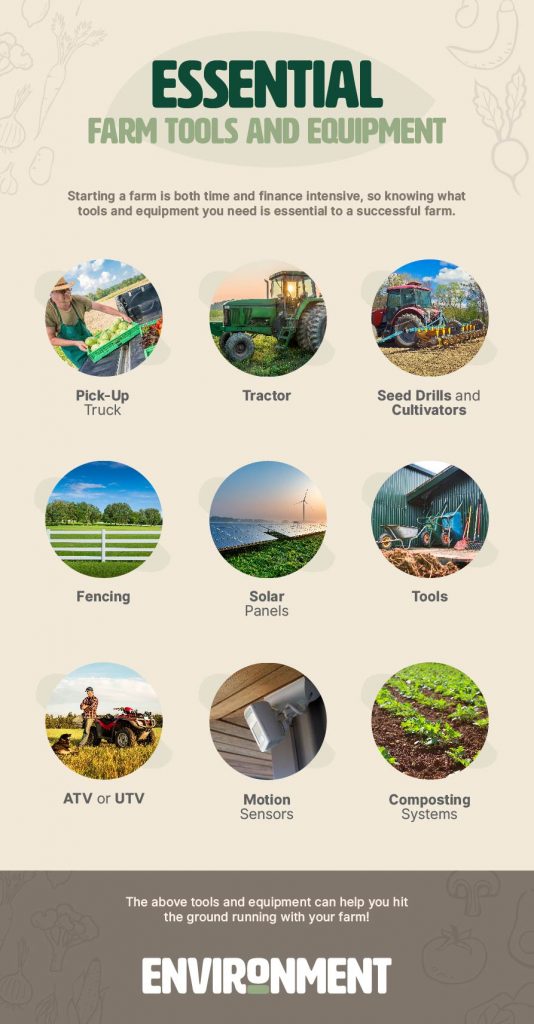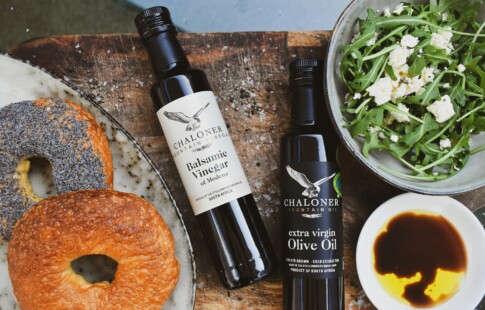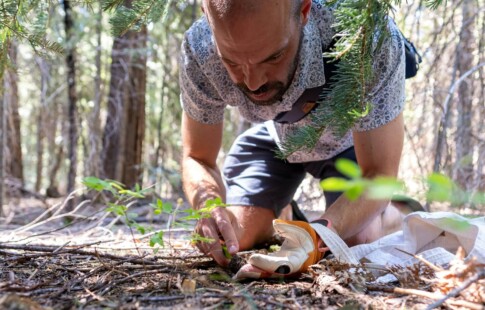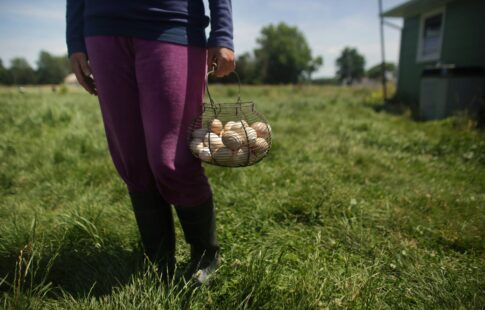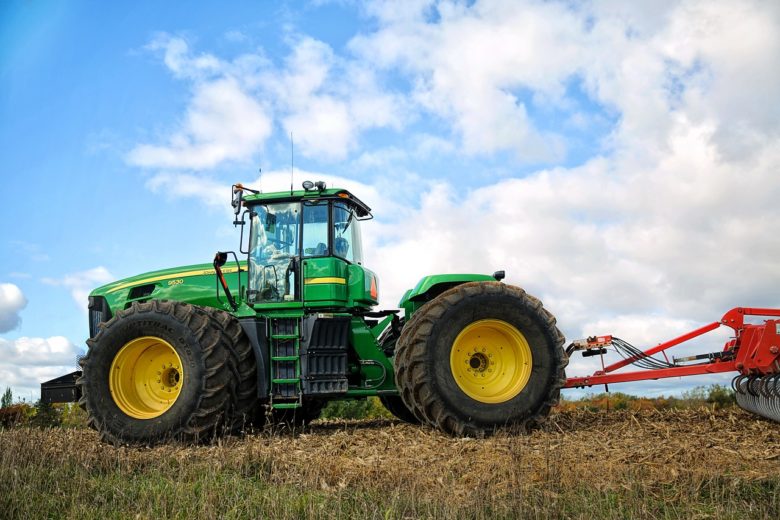
Essential Farm Tools and Equipment for Starting Your Farm
We are reader-supported. When you buy through links on our site, we may earn affiliate commission.
The journey it takes to start a farm is both difficult and long-winded. Prospective farmers have to create a business plan, find the right land and ensure they have the financial stability to make it all work. An essential part of this process is to consider the farm tools and equipment that allow everything to run smoothly. With all that’s on the market today, it’s tough to decide what’s best. Read on to discover a list of necessities that every farm, large or small, can’t operate without.
Pick-Up Truck
You’ll need some vehicle to help you transport all of the various supplies required on a farm. Pick-up trucks are wonderful for this – you can fit nearly anything in the bed, and many of them can conquer rough and muddy terrain. When you attach a trailer, moving livestock is a breeze. Best of all, trucks last for years when taken care of correctly. Almost all farmers find immense value in owning at least one pick-up.
A Tractor
If you don’t own a tractor, are you a farmer? This piece of equipment is one of the most common-sense purchases you can make. You’ll find tons of different types on the market, able to tackle a few acres to hundreds. Tractors are versatile and cost-effective, able to plow, till, plant and more. Simply purchase a few attachments, and your farm will be up and running in no time.
Seed Drills and Cultivators
Any big-time farmer will need these tools. Drills and cultivators work to prepare soil and plant seeds in bulk, eliminating the need for extensive physical labor. You may wonder what this equipment means for jobs – technology in agriculture is becoming increasingly popular, which means fewer positions for humans. Fortunately, automation doesn’t mean mass unemployment. Instead, seed drills and cultivators can streamline production in your fields and simultaneously lower costs.
Fencing
Every farm needs a fence. These barriers protect your fields from unwanted animals and help you maintain an organized system. They also keep livestock in certain areas. Take the time to install fences around your property and crops to ensure you section everything off. A fence-post driver will assist you in setting up posts quickly and easily. Electric alternatives may be an option as well, depending on your needs.
Solar Panels
Your farm will likely have various buildings on it, not just land. To save money on electricity and ensure your operation is at least somewhat sustainable, you’ll want to install solar panels. The return on investment factor is enormous – most people who purchase solar panels make their money back in a few years. This option is excellent if you want your farm to be both efficient and eco-friendly.
Tools
Any farm will need a shed full of tools. Power tools, like saws, drills and grinders, help you manage the day-to-day on your farm. You’ll also want to store hammers and screwdrivers in a box kept on your truck, making them quickly accessible. Tool belts are excellent for mobility purposes. When you need to build or reconstruct something, it’s always nice to have tools at the ready. When you have to search for equipment, you lose valuable time and motivation.
An ATV or UTV
If you don’t want to use a pick-up truck to haul everything, a utility vehicle is a fantastic back-up plan. ATVs or UTVs are ideal for traveling short distances, perfect for small starter farms. When you hook an ATV up to a trailer, you can haul all types of materials, including hay, fencing materials and crops. These vehicles can also navigate tight corners and spaces easier than a truck.
Motion Sensors
Of all farm tools and equipment, this is definitely more technological. You can’t always keep an eye on your farm. Any operation has hundreds of tiny details to track. Plus, when the workday is over, things can go awry. Motion sensors are an excellent way for farmers to maintain peace of mind when they step away. These gadgets will alert you to any odd movements on your property. As it’s not possible to post cameras on every section of your property, sensors are an adequate substitute.
A Composting System
Another way to make your farm more sustainable is by composting, allowing you to reuse immense amounts of waste that farms toss out. Simply throw all of your biodegradable items into a pile and, soon enough, it’ll turn into nutritious fertilizer. Composting is a cheap and environmentally friendly alternative to commercial plant foods. You can make your own composting box or purchase one at any hardware store – the opportunities are endless.
What Farm Tools and Equipment Do You Need to Start?
Starting a farm is a daunting task, especially if you’re a beginner. Luckily, with the tools and equipment above, you’ll be on your way to a fully-functioning operation.
Share on
Like what you read? Join other Environment.co readers!
Get the latest updates on our planet by subscribing to the Environment.co newsletter!
About the author

Jane Marsh
Starting from an early age, Jane Marsh loved all animals and became a budding environmentalist. Now, Jane works as the Editor-in-Chief of Environment.co where she covers topics related to climate policy, renewable energy, the food industry, and more.
